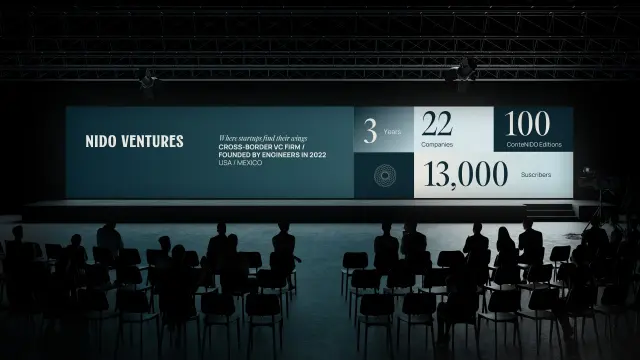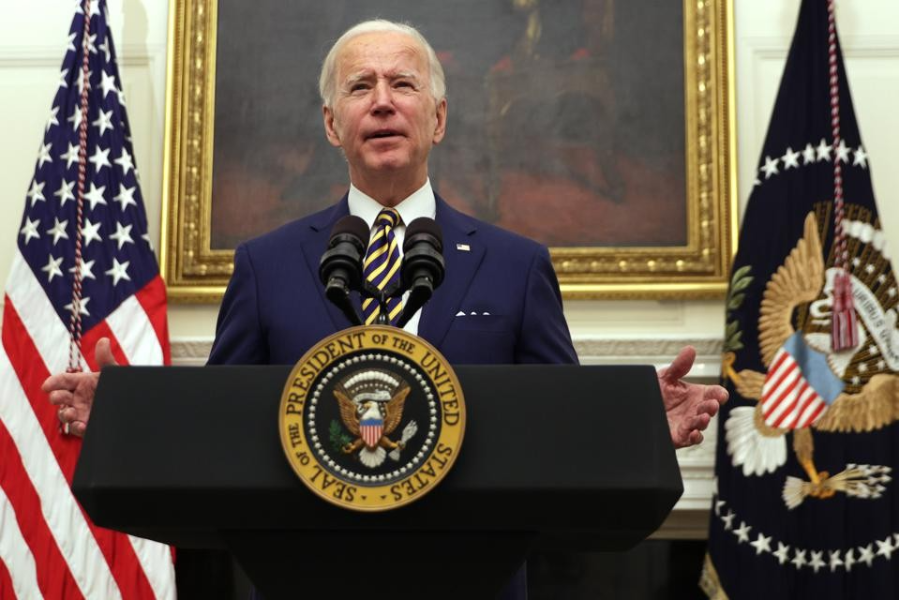Web developers worldwide are embracing multilingual frameworks and localization to create more inclusive, globally accessible websites and apps.
Barcelona, June 3, 2025 — As internet penetration increases in emerging regions and digital products go global, **multilingual and localized web development** has become a top priority for companies and developers alike.
From government websites in Africa to e-commerce platforms in Latin America, developers are adopting internationalization (i18n) frameworks and real-time localization tools to ensure seamless experiences across cultures, languages, and regions.
**Why This Matters in 2025:**
- Over 72% of users prefer websites in their native language (CSA Research)
- Cross-border e-commerce expected to exceed $6.5 trillion by 2027
- Governments and institutions mandating language accessibility for public sites
**Top Technologies Powering Multilingual Sites:**
- **Next.js i18n** and **Nuxt Internationalization** for frontend routing
- **Phrase, Lokalise, and Transifex** for collaborative translation workflows
- **CLDR & Unicode standards** to manage formatting of dates, currencies, and numbers
- **AI-assisted translation engines** integrated into CMS platforms
**Key Trends:**
- Automatic locale detection for geo-targeted content
- Multilingual SEO optimization using hreflang and sitemap management
- CMSs like WordPress, Sanity, and Strapi now offer native i18n modules
- Real-time content switching and translation memory caching
**Case Examples:**
A South Korean health platform added 11 new language versions, increasing their international traffic by 68%.
Meanwhile, an Argentinian travel site using headless CMS with dynamic language loading saw a 40% drop in bounce rates from non-Spanish users.
**Developer Insight**
Lars Vogel, a Berlin-based full-stack developer, said:
*"Supporting RTL scripts and local customs is no longer optional—it’s central to inclusive, user-first design."*
**Open Education & Tools**
To support this trend, the **Global Localization Lab**, a Mozilla-backed initiative, has launched a free course: **“Web i18n for Developers”**, featuring best practices for scalable localization, cultural UX design, and accessibility.
**Looking Ahead**
With the rise of AI-generated content and real-time voice translation APIs, experts predict a future where **web apps adapt linguistically and culturally in real time** to any user, anywhere.
Get started with global i18n resources at [www.multilingualweb.dev](http://www.multilingualweb.dev)































